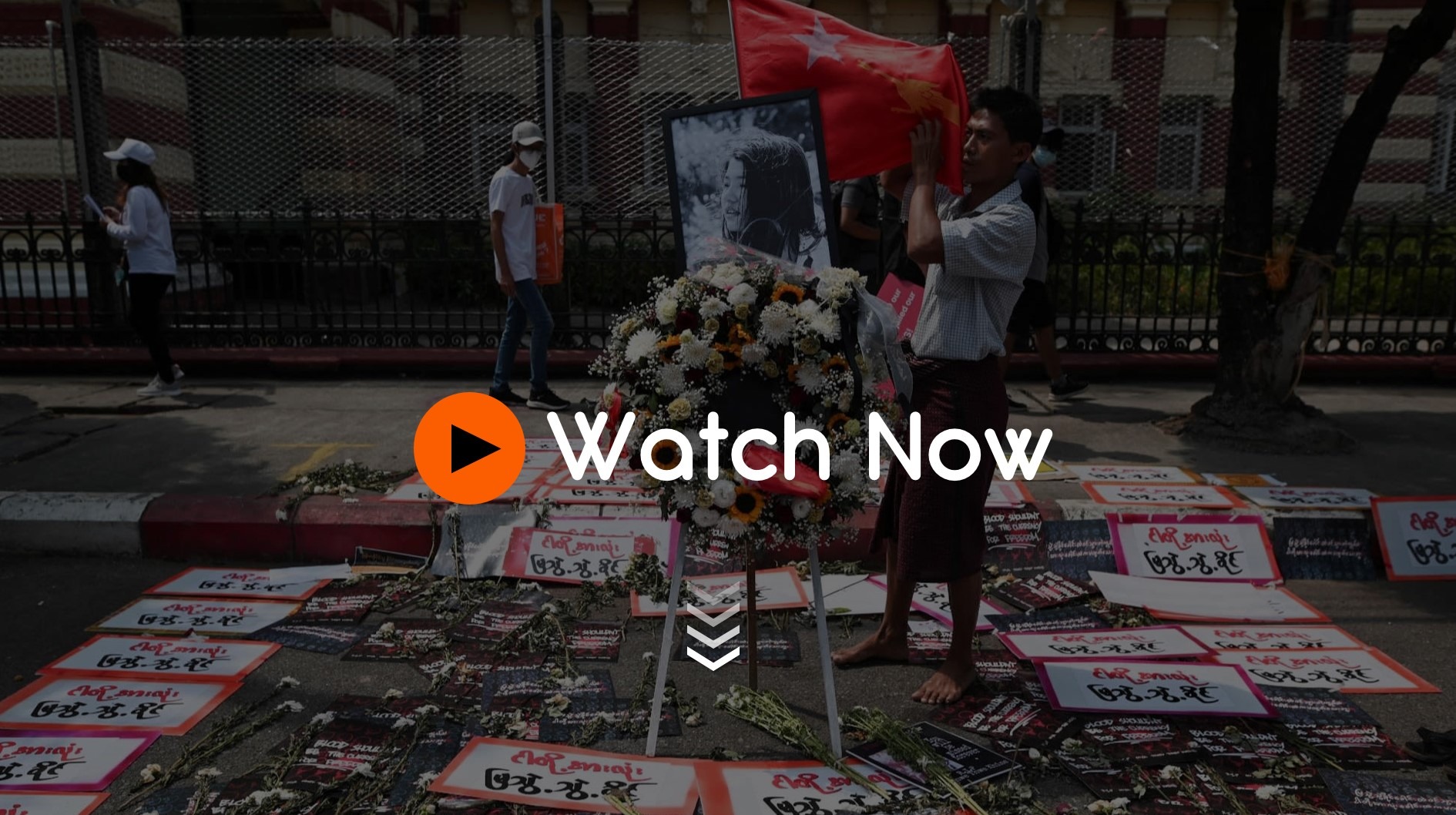
Nearly 40 People Killed in Myanmar’s Protests
Myanmar police broke up demonstrations in several places with tear gas and gunfire on Thursday but there was no immediate word on casualties a day after the United Nations said 38 people had been killed in the bloodiest day since last month’s coup.
Undeterred by the crackdown, activists said they refused to accept the Feb. 1 military coup and were determined to press for the release of elected government leader Aung San Suu Kyi and recognition of her victory in a November election.
“We know that we can always get shot and killed with live bullets but there is no meaning to staying alive under the junta,” activist Maung Saungkha said.
Police later opened fire and used tear gas to break up protests in Yangon and the central town of Monywa, witnesses said. Police also fired in the town of Pathein, to the west of Yangon, media reported.
Protesters gathered elsewhere including in the historic temple town of Bagan where hundreds marched carrying pictures of Suu Kyi and a banner saying: “Free our leader”, a witness said.
In some parts of Yangon, protesters hung sheets and sarongs on lines across the street to obscure the view of police aiming their guns. They also uncoiled barbed wire to reinforce barricades.
Five fighter jets made several low passes in formation over the second city of Mandalay early on Thursday, residents said, in what appeared to be a show of military might.
On Wednesday, police and soldiers opened fire with live rounds with little warning in several cities and towns, witnesses said.
U.N. special envoy on Myanmar, Christine Schraner Burgener, said in New York that Wednesday was the bloodiest day since the Feb. 1 coup with 38 deaths, bringing the total toll to more than 50 as the military tries to impose its authority.
“Myanmar’s security forces now seem intent on breaking the back of the anti-coup movement through wanton violence and sheer brutality,” said Richard Weir, a researcher at Human Rights Watch.
In one particularly brutal incident, a man in custody appeared to have been shot in the back, the group said.
A spokesman for the ruling military council did not answer telephone calls seeking comment.

